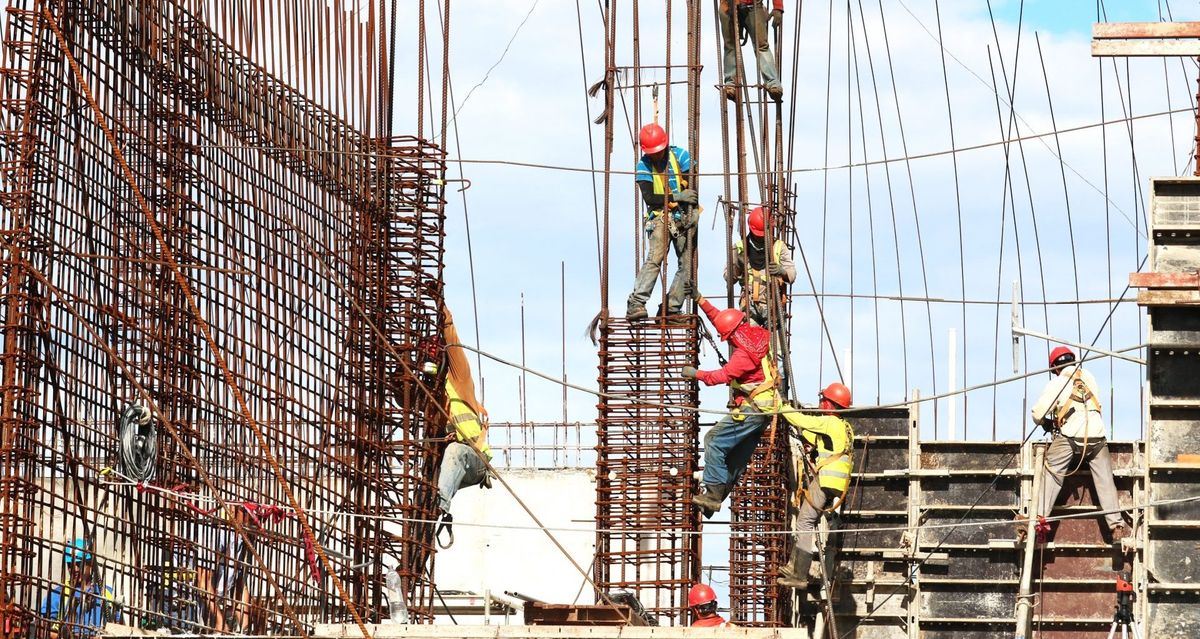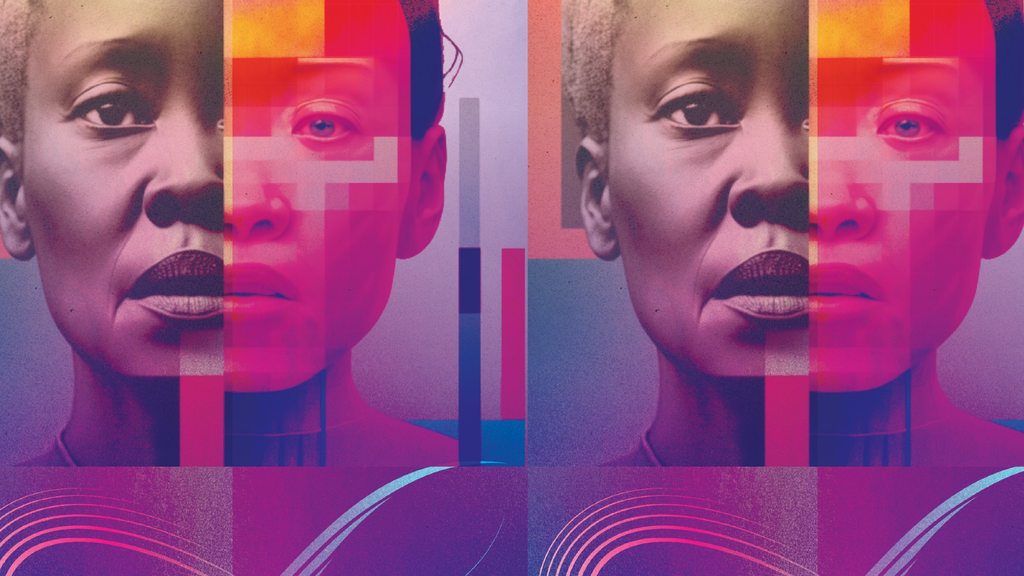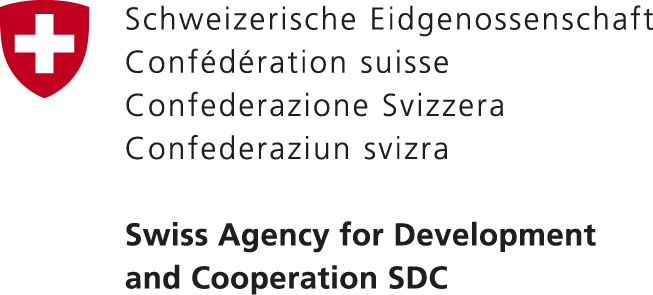
About
From China’s Belt and Road Initiative (BRI) and the EU’s Strategy for Connecting Europe and Asia, to similar plans set out by Japan, ASEAN and India, countries and institutions around the world have embarked on projects to increase infrastructure connectivity. But under pandemic conditions, questions have arisen over some projects’ viability and future prospects. This virtual Policy & Practice Roundtable will be a chance for experts from across Europe and Asia to exchange perspectives on how to implement sustainable infrastructure projects which will contribute to long-term global recovery and transformation.
Participation in this debate is by invitation only.
Related content:
- Friends of Europe discussion paper “Connectivity needs a strong rules-based multilateral framework – for everyone’s sake”
- Friends of Europe event report “Europe-China: convergence, divergence and the vital space between”
- “It’s time for a new model of international development” by Richard Ghiasy
Our events include photos, audio and video recording that we might use for promotional purposes. By registering, you give your permission to use your image. Should you have any questions, please contact us.
PHOTO CREDIT: Unsplash – Josue Isai Ramos Figuero
Schedule
As countries set off down the path towards post-pandemic recovery, many are taking a fresh look at how their connectivity strategies can aid in achieving a sustainable long-term transformation. Crucial to the attainment of all Sustainable Development Goals (SDGs), high-quality infrastructure has spill-over effects that contribute to achieving gender equality, sustainability and inclusive growth. Faster rail routes, broader energy networks and better access to vital resources remain invaluable in advancing international development across Eurasia – and increasingly across Afro-Eurasia. But not all projects underway have lived up to their clean, green potential. And despite the obvious demand for high-quality infrastructure, financing has long been insufficient. As the pandemic’s spread grinds much progress to a halt, this could be an opportunity to redouble efforts to ensure that infrastructure projects are sustainable and in line with climate goals.
- Could this be an opportunity to overhaul projects that fail to meet certain sustainability standards?
- How can the private sector be incentivised to invest in infrastructure development, and has response to the pandemic brought about any new financial instruments that can be employed? What about the idea of debt forgiveness for less developed nations?
- Should connectivity actors use this moment to negotiate a multilateral code of conduct to ensure that they are all on the same page?
Activities
Europe-China Forum
Next event In person & livestreamed

- Area of Expertise
- Global Europe
Trading tariffs and trade as a geopolitical tool
Past event

- Area of Expertise
- Global Europe
From aid to investment: shaping Europe's global role in a changing world
Past event Online

- Area of Expertise
- Global Europe
Future Africa-Europe High-Level Forum
Past event IN PERSON & ONLINE

- Area of Expertise
- Global Europe
DRIVE Impact Initiative final report
- Category
- Event Reports
- Area of Expertise
- Global Europe
Europe’s blackouts call for a NATO-level response
- Category
- #CriticalThinking
- Author
- By Maurizio Geri
Trump's axing of US aid hands the EU a global leadership role
- Category
- Frankly Speaking
- Author
- By Giles Merritt
The digital battlefield: EU-China cybersecurity diplomacy in the 21st…
- Category
- #CriticalThinking
- Author
- By Dr Cristina Vanberghen

- Area of Expertise
- Global Europe

- Area of Expertise
- Global Europe

- Area of Expertise
- Democracy

- Area of Expertise
- Global Europe
Continue
the debate on
- Debating Europe


